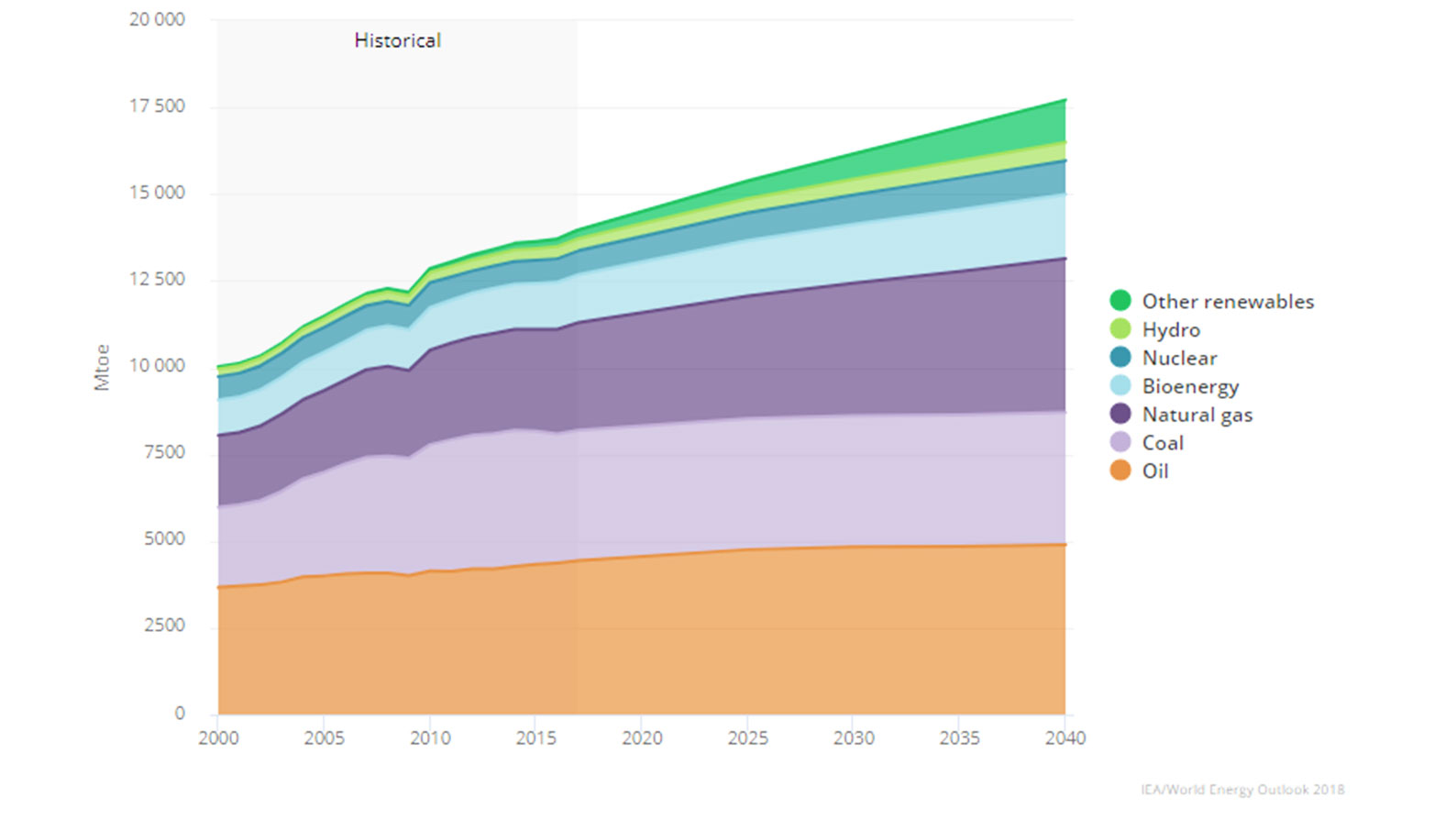In June, Calgary Chamber President and CEO Sandip Lalli, travelled to Rio de Janeiro to speak at a panel discussion at the International Chamber of Commerce’s eleventh World Chambers Congress.
Joining a group of international experts such as Luis Alfonso de Alba, UN Secretary General’s Special Envoy for 2019 Climate Summit, United Nations, on energy and the environment, the panel set out to discuss some of the top questions in the world right now: what are the economic and social risks of climate change, and what is the role of business in this conversation?
“Having the opportunity to share ideas and practices at international forums like the World Chamber Congress is invaluable in terms of both growing our own knowledge and also sharing Canada’s energy story,” says Lalli.
As part of the panel discussion Sandip presented to the audience the recently launched ‘Canadians for Natural Resources’ campaign. Developed as a cross-country partnership of eight of the largest Chambers of Commerce and Boards of Trade from across the country, this campaign is about having more ‘and’ conversations.
“Our energy future is not about being pro-energy development or pro-renewables. It’s about having rational conversations and making decisions that are in Canada’s national best interest. We need to work together lay out a plan to move towards a lower carbon economy, and business has a key role to play in this conversation,” states Lalli.
The panel discussion in Rio de Janeiro centred around the United Nation’s Sustainable Development Goals, or SDGs. SDG 13, Climate Action, calls for member states to ‘take urgent action to combat climate change and its impacts by regulating emissions and promoting developments in renewable energy.
“It’s important for Canada to know that Alberta is not anti-environment. We are home to some of Canada’s most spectacular landscapes and we all want to ensure that future generations can enjoy them as much as we do. However, we are also a pragmatic province. We know that change takes time, and that our national economy would be critically impacted if we don’t as a country have a national strategy for our energy. We need to understand that this is a transition and we need long term thinking backed by conviction and leadership from both business,” explains Lalli.
Alberta has also shown it is already committed to reducing its climate emissions and investing in renewal energy research and development. Between 2007 and 2017 Alberta’s large emitters reduced emissions by 95.4 million tonnes of CO2, roughly 15 per cent of Canada’s total emissions in 2017. And Alberta is expected to generate at least $10.5 billion in new investments in renewable energy and create 7,000 jobs by 2030.

“Canada is an international leader in energy production, and we have some of the most sustainably produced products in the world. If we cannot get our resources to the global market then it won’t reduce consumption, it will just force customers to have to choose higher emitting energy sources such as coal. Market access is not only essential for Canada’s economy, it is also a vital part of the global equation to reduce carbon emissions,” says Lalli.
After the panel conversation Lalli was approached by several countries wanting to know more about Canada’s energy future, and the approach taken by the collective group of Chambers and Boards of Trade to encourage ‘and’ conversations across the country. Canada is a global energy leader and this reputation must be taken advantage of by ensuring we can get both products and technology developments to the world.





